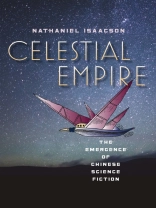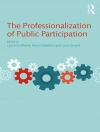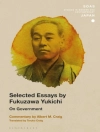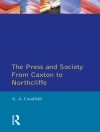Challenging assumptions about science fiction’s Western origins, Nathaniel Isaacson traces the development of the genre in China, from the late Qing Dynasty through the New Culture Movement. Through careful examination of a wide range of visual and print media—including historical accounts of the institutionalization of science, pictorial representations of technological innovations, and a number of novels and short stories—Isaacson makes a case for understanding Chinese science fiction as a product of colonial modernity. By situating the genre’s emergence in the transnational traffic of ideas and material culture engendered by the presence of colonial powers in China’s economic and political centers, Celestial Empires explores the relationship between science fiction and Orientalist discourse. In doing so it offers an innovative approach to the study of both vernacular writing in twentieth-century China and science fiction in a global context.
Hardcover is un-jacketed.
Tabela de Conteúdo
Acknowledgments
Introduction: Colonial Modernity and Chinese Science Fiction
Genre Trouble
Lu Xun, Science, Fiction
Wu Jianren and Late Qing SF
SF for the Nation
Making Room for Science
Lao She’s City of Cats
Whither SF/Wither SF
Conclusion
Notes
Glossary of Chinese Terms
Bibliography
Sobre o autor
Nathaniel Isaacson is an assistant professor of modern Chinese literature at North Carolina State University. A translator and author, his essays on Chinese SF have appeared in Science Fiction Studies, Oxford Handbook of Modern Chinese Literatures and Simultaneous Worlds: Global Science Fiction Cinema.












